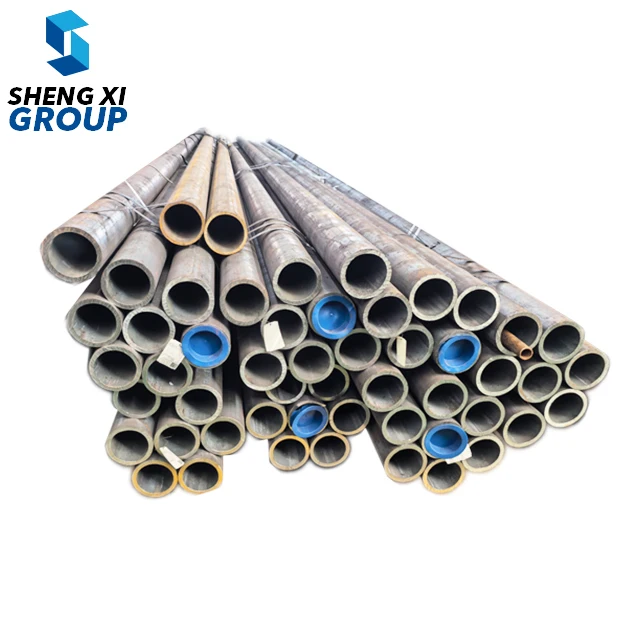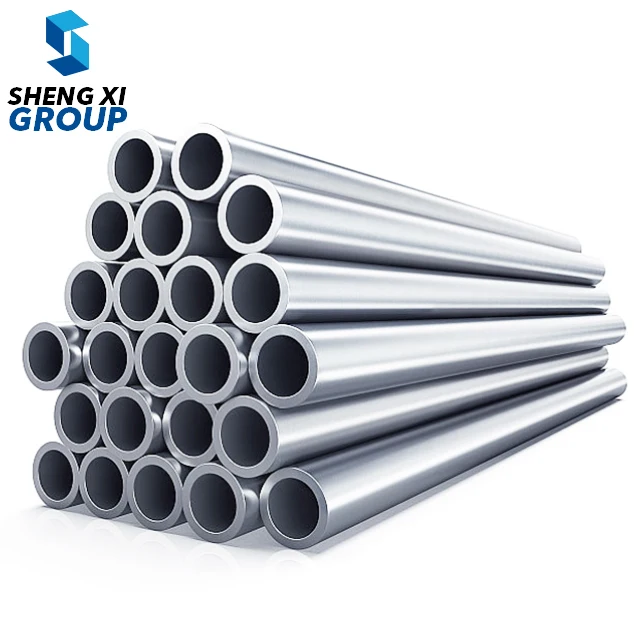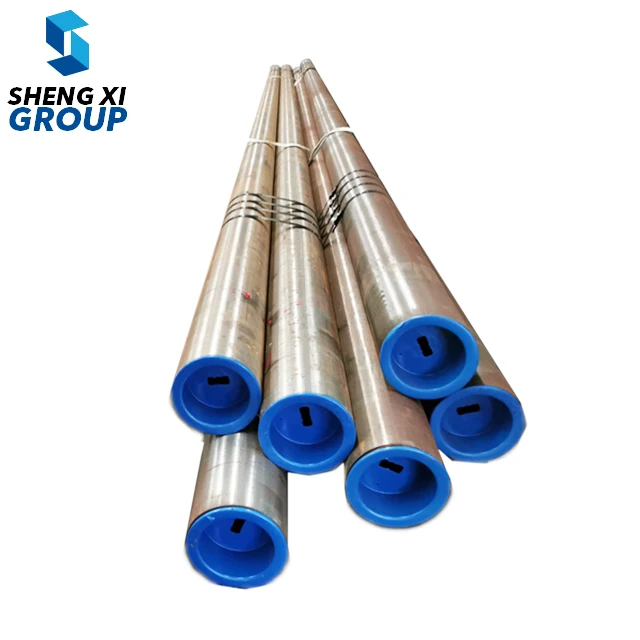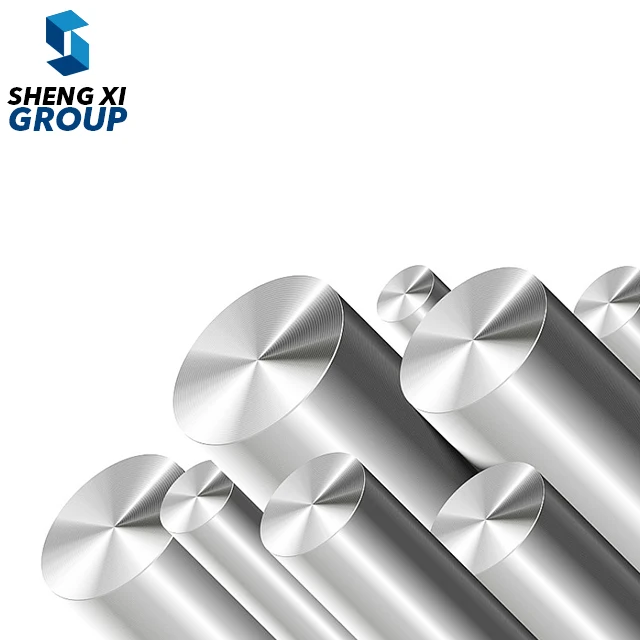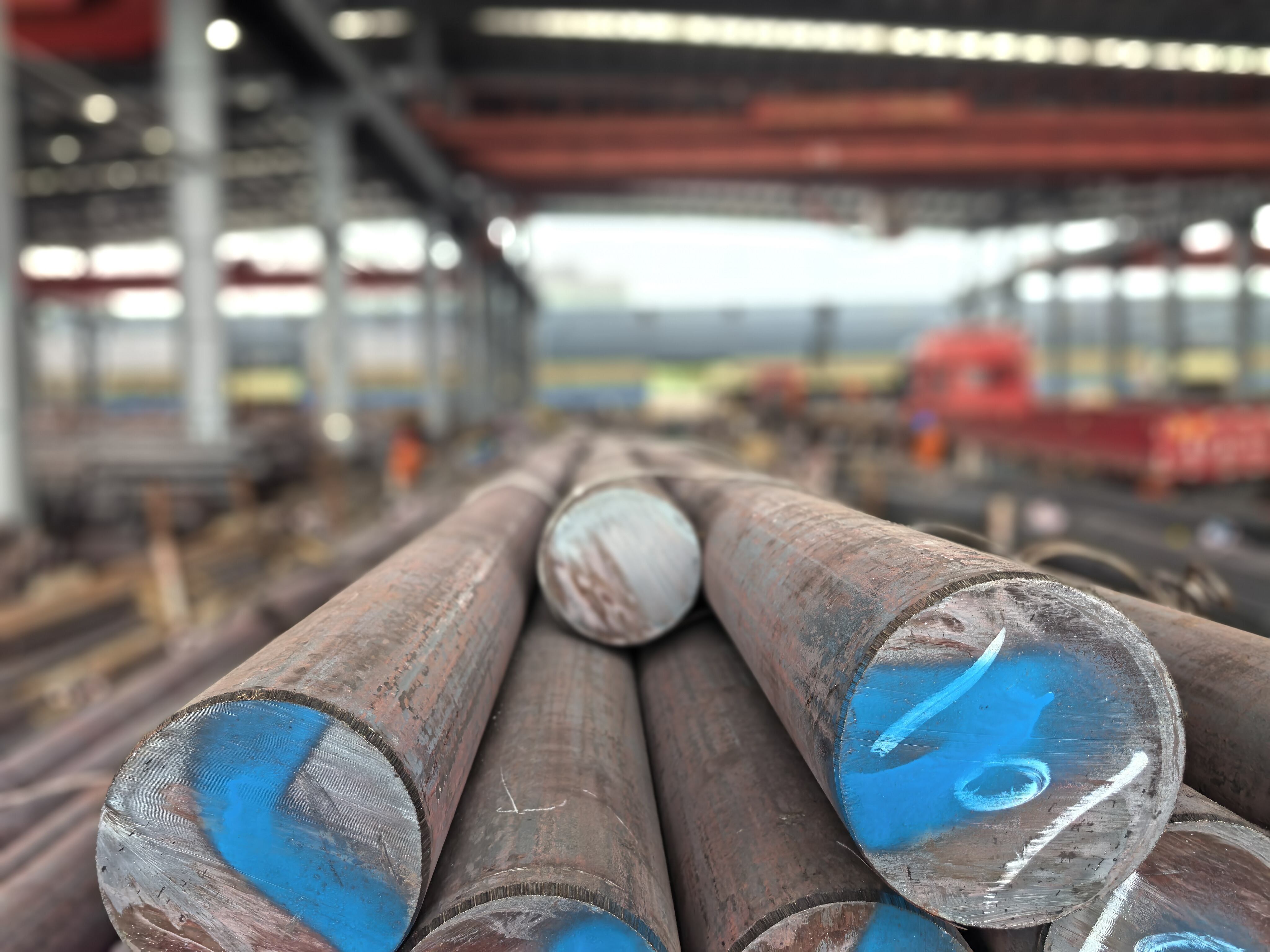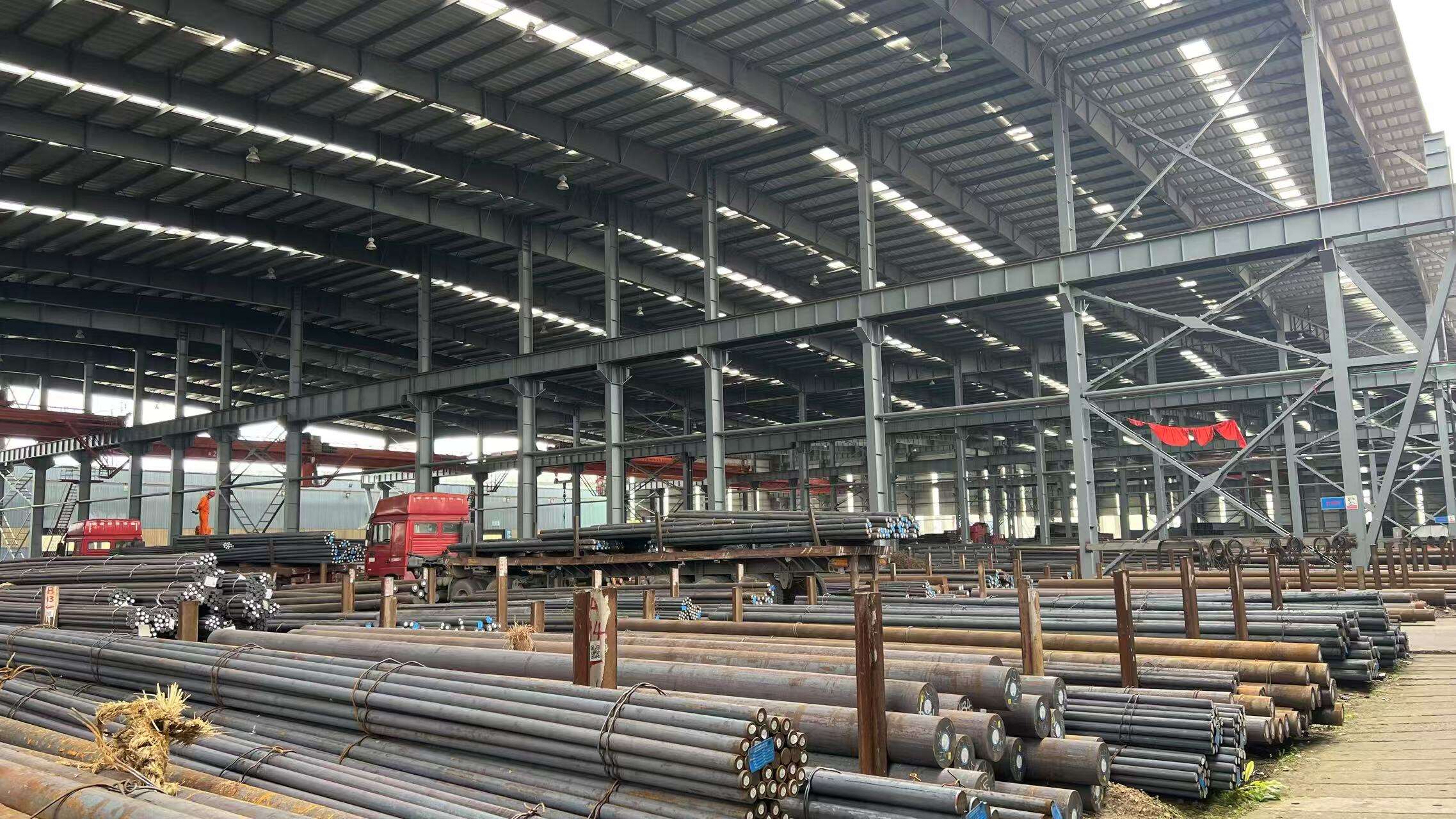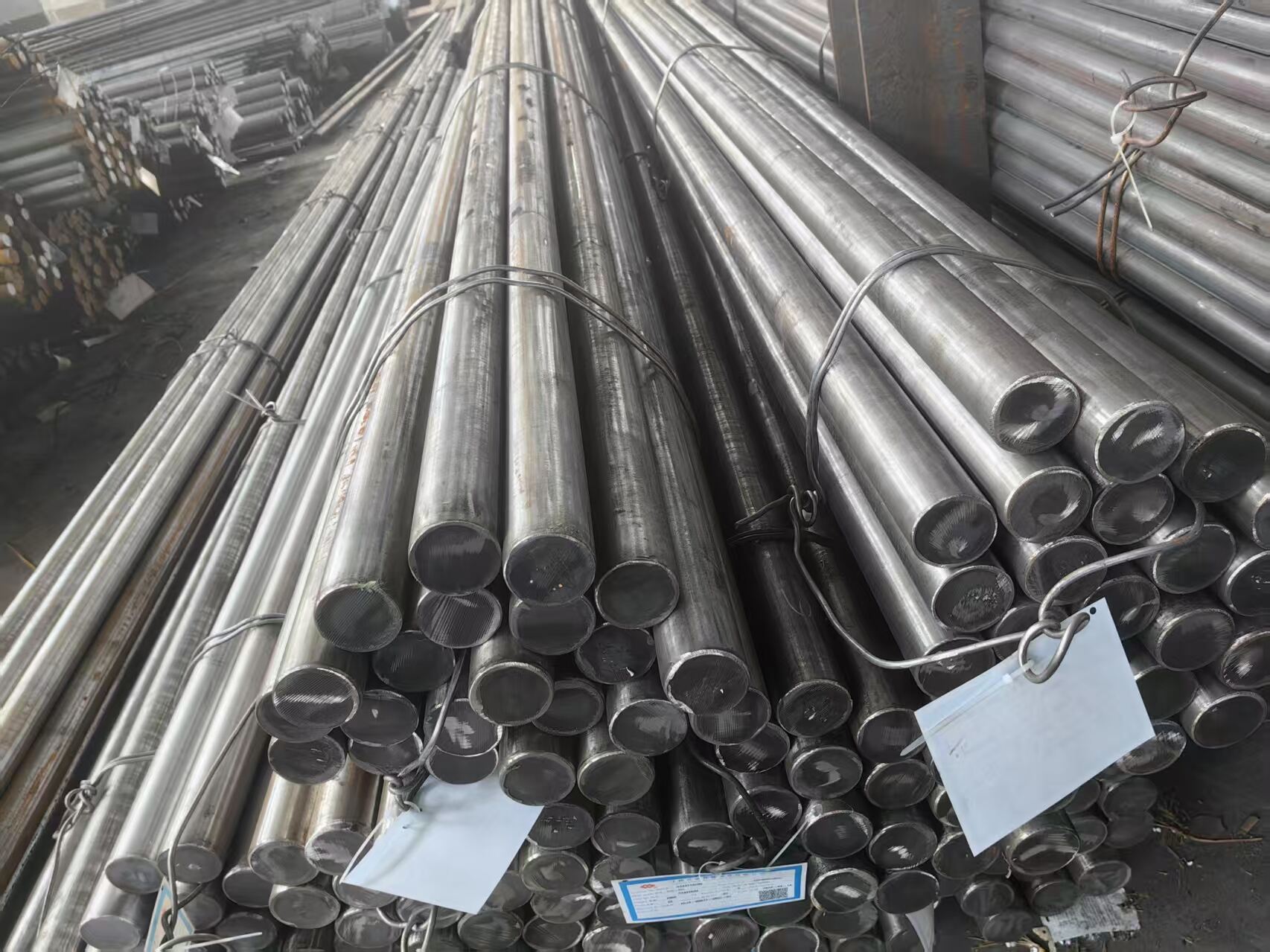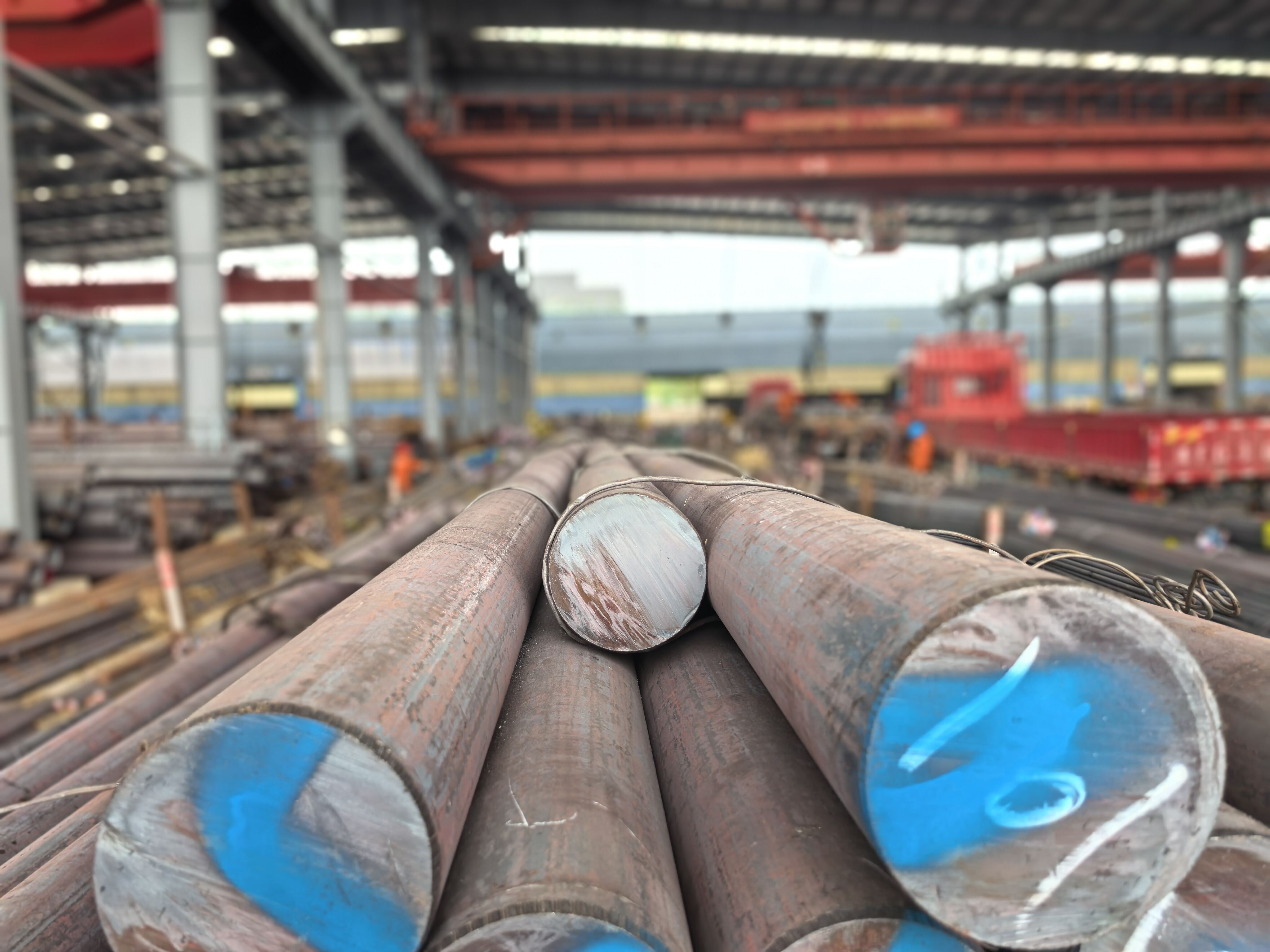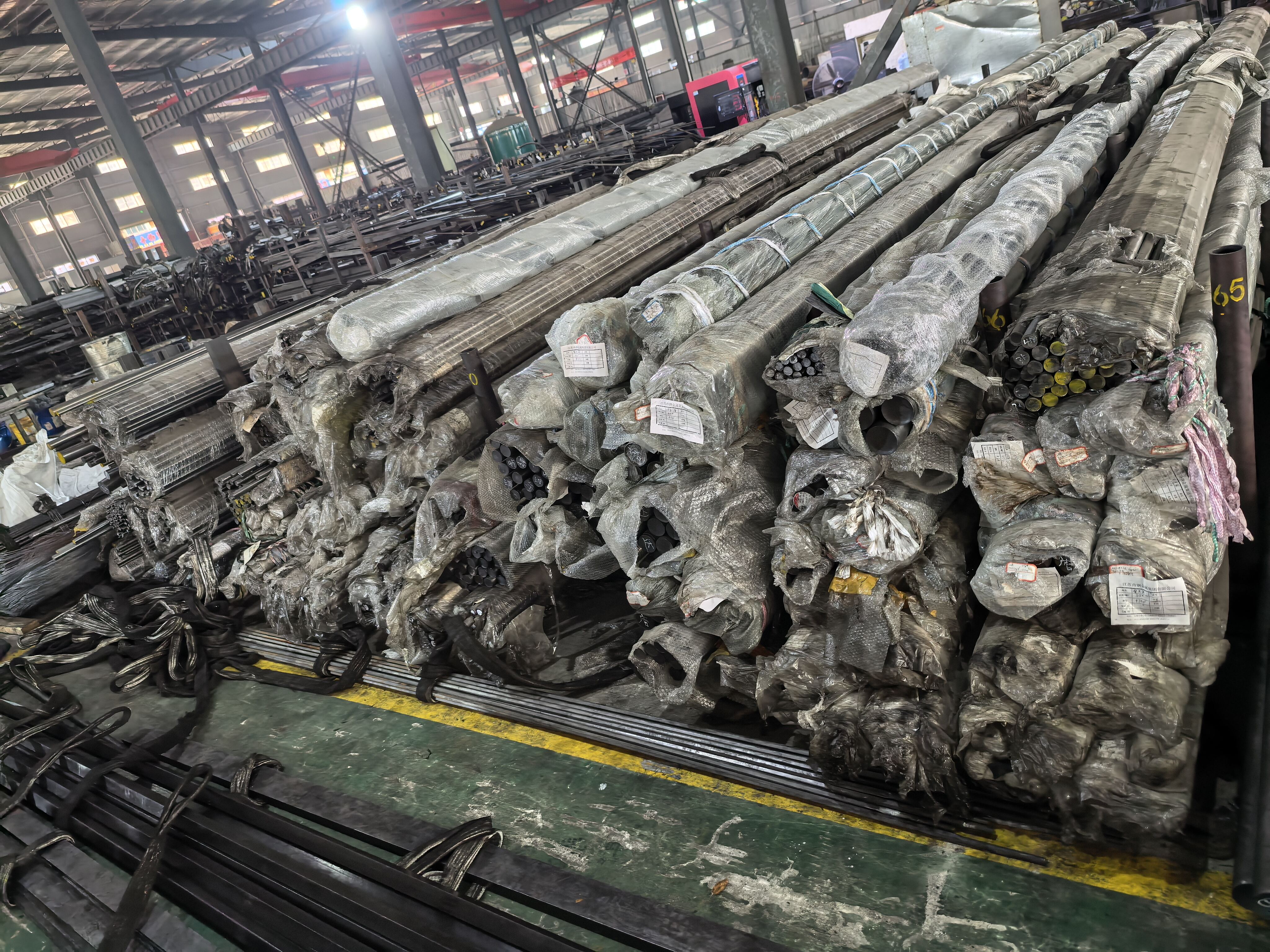4140 4340
El 4140 4340 representa una clasificación de acero aleado de grado premium que combina una resistencia, durabilidad y versatilidad excepcionales para aplicaciones industriales exigentes. Esta calificación especializada de acero incorpora elementos de aleación como cromo y molibdeno, que mejoran significativamente sus propiedades mecánicas y características de rendimiento. El acero 4140 4340 ofrece una templabilidad superior, lo que lo convierte en una opción ideal para la fabricación de componentes críticos que requieren elevadas relaciones resistencia-peso y una excelente resistencia a la fatiga. Su composición química única incluye un contenido de carbono comprendido entre el 0,38 % y el 0,43 %, cromo entre el 0,80 % y el 1,10 %, y molibdeno entre el 0,15 % y el 0,25 %, lo que da lugar a una aleación equilibrada capaz de desempeñarse de forma excepcional bajo esfuerzo. Las características tecnológicas del acero 4140 4340 incluyen una excelente maquinabilidad en estado recocido, una respuesta superior a los procesos de tratamiento térmico y una notable tenacidad en diversos rangos de temperatura. Esta calificación de acero presenta notables capacidades de temple integral, lo que permite a los fabricantes lograr niveles uniformes de dureza en secciones gruesas. El 4140 4340 demuestra una resistencia excepcional a las cargas por impacto y mantiene su integridad estructural bajo condiciones de esfuerzo cíclico. Sus aplicaciones abarcan componentes aeroespaciales, piezas de tren de transmisión automotriz, equipos de perforación para la industria del petróleo y el gas, maquinaria de construcción y herramientas de precisión. El acero resulta invaluable para la fabricación de cigüeñales, bielas, ejes, engranajes, pernos y componentes estructurales donde la fiabilidad es primordial. En la industria aeroespacial, el 4140 4340 sirve como base para componentes del tren de aterrizaje, soportes de motores y estructuras de bastidor que exigen un rendimiento inquebrantable. El sector automotriz confía en este acero para componentes de transmisión, partes de suspensión y componentes de motor que deben resistir condiciones operativas extremas, manteniendo al mismo tiempo tolerancias precisas y estabilidad dimensional durante toda su vida útil.

